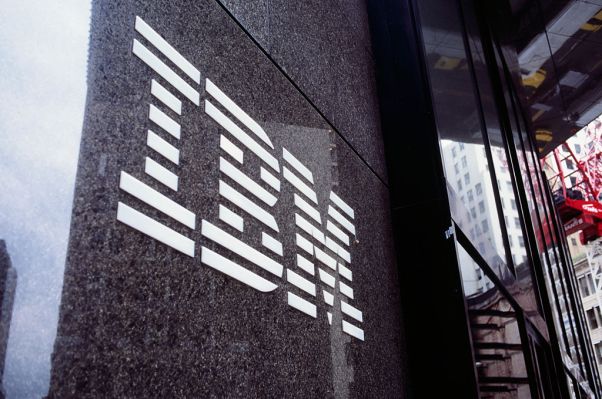IBM’s quarterly success owed to the intervention of Red Hat

IBM’s Acquisition of Apptio Becoming More Crucial for Future Success

IBM released its earnings report this week, and to be honest, the results were not very impressive. The company generated approximately $15.5 billion in revenue, a disappointing 0.4% decrease compared to the previous year. However, even within this underwhelming report, there were some positive aspects for the renowned tech giant.
On the downside, IBM’s infrastructure business is struggling, with a 14.6% decrease in revenue to $3.6 billion compared to the previous year. This includes a 30% decline in IBM Z Systems, the company’s mainframe business. Since Z Systems has been a reliable source of revenue for the company in the past, its poor performance is concerning.
On the bright side, software revenues increased by 7.2% in IBM’s most recent quarter to $6.6 billion, with Red Hat leading the way with an 11% growth. This showcases the improving performance of IBM’s $34 billion acquisition of Red Hat in 2018. One could argue that without Red Hat, IBM’s situation would be much worse.
CEO Arvind Krishna has been striving for modest growth for the company, but IBM failed to achieve even that in the second quarter.
Nevertheless, as IBM continues to focus on its hybrid cloud strategy, where its objective is to be a trusted partner in managing infrastructure regardless of its location, there are a few promising indicators for the future. This includes an anticipated revenue growth of 3 to 5% at constant currency rates, as well as an expected $10.5 billion in free cash flow for this quarter, a $1 billion increase from the previous year.
Several divisions within IBM are contributing to its modest growth trajectory. Apart from rising software revenues, the consulting division reported a 4.3% increase in revenue compared to the previous year, reaching $5 billion. These professionals help large companies with managing their hybrid cloud implementations, among other services.
Recently, IBM made a significant acquisition by purchasing Apptio for $4.6 billion. Apptio specializes in software that aids in understanding resource allocation, whether on-premises or in the cloud. Although this deal is expected to close later this year, it has the potential to generate additional revenue from the hybrid cloud approach. It could also bolster IBM’s year-over-year comparisons in the future.
What about AI?
IBM also considers AI to be intrinsically linked to its hybrid strategy. In May, the company introduced a refreshed version of Watson, an artificial intelligence platform called Watsonx that takes advantage of the latest generation of large language models. While IBM may have missed opportunities with its initial launch of Watson in 2011, which gained fame through its victory in “Jeopardy,” the company is now hoping to capitalize on the renewed interest in AI.
